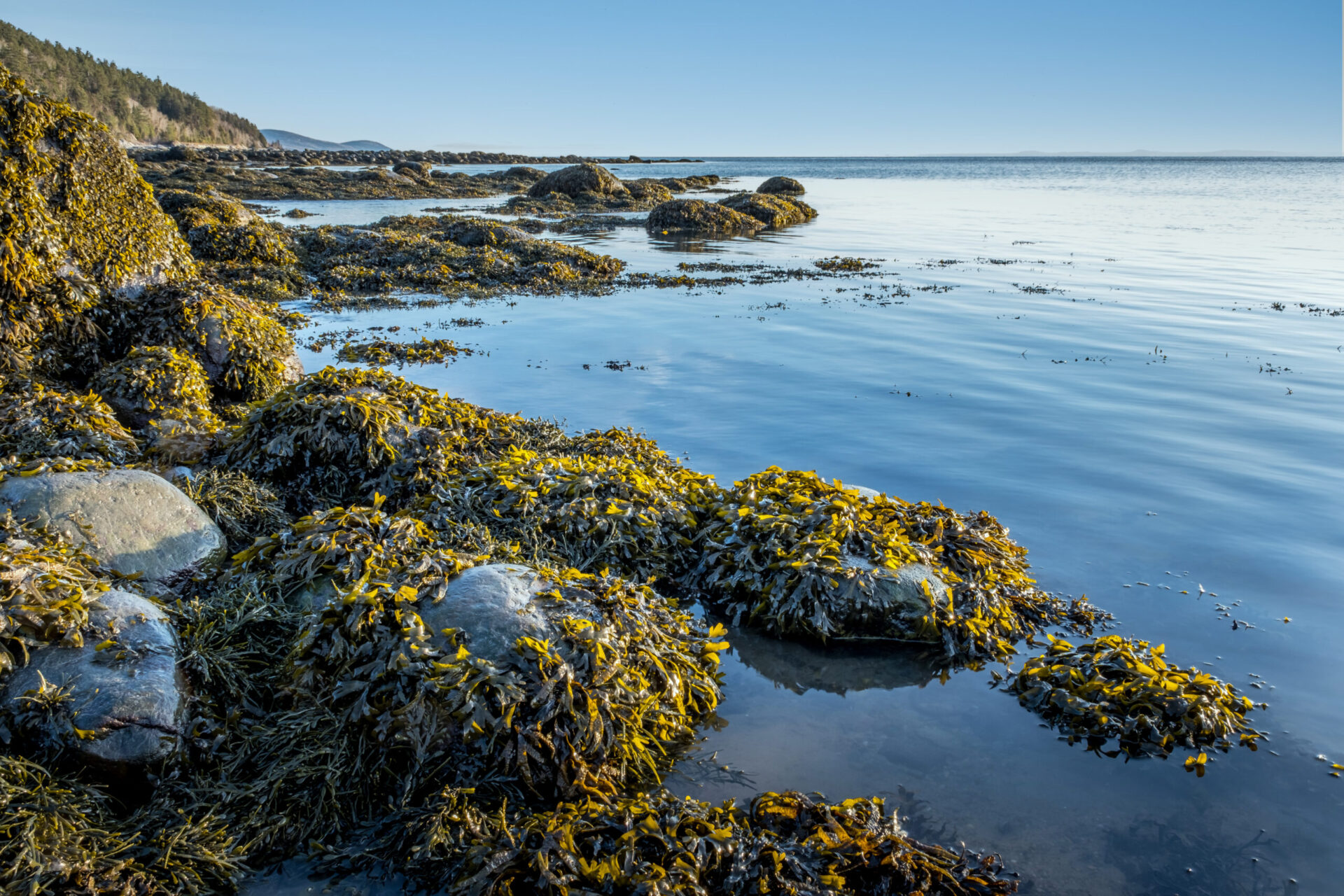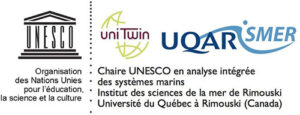
Since 2019, the FRQ have been providing financial support for UNESCO Chairs under a joint Declaration of Intent signed with the Canadian Commission for UNESCO (CCUNESCO). Here is a portrait of one of these Chairs, whose work is generating positive impacts for society.
UNESCO Chair in Integrated Marine Systems Analysis
Chairholder: Fanny Noisette, Institut des sciences de la mer de Rimouski (ISMER)
Eeyou Istchee, in eastern James Bay, was once home to the largest seagrass beds in Québec. These ecosystems, known as “eelgrass beds”, were of cultural and dietary importance to the Cree nations, who hunted geese there. Since their massive decline in the 1980s-1990s, they still have not recovered their former size.
The UNESCO Chair in Integrated Marine Systems Analysis is working to understand what led to this loss, and what is preventing the return of the seagrass. It is part of a co-constructed project combining the traditional knowledge of Cree partners with the scientific protocols of research teams, including researchers from the University of British Columbia and the University of Manitoba. Together, they are seeking to answer questions such as whether changes in water clarity can influence eelgrass beds.
Canada’s first UNESCO Chair in the marine field focuses on two types of integration. The first involves analysing systems at several levels, from the functioning of living organisms to the entire ecosystem around them, including human communities. The second is interdisciplinary integration, bringing together perspectives from the natural sciences, the humanities, the social sciences and even the arts.
The Chair also maintains close North-South collaborations. For example, a doctoral student is currently conducting research comparing the impact of ocean acidification on calcareous algae in Québec and Colombia. The Chair has also recently developed an oceanography network with French-speaking countries of West Africa to support marine science institutions in developing their capacities and collaborations with Québec.
With all these initiatives, the Chair is seeking to train a new generation of interdisciplinary marine science researchers, while raising social awareness of the sustainable management of marine ecosystems.

